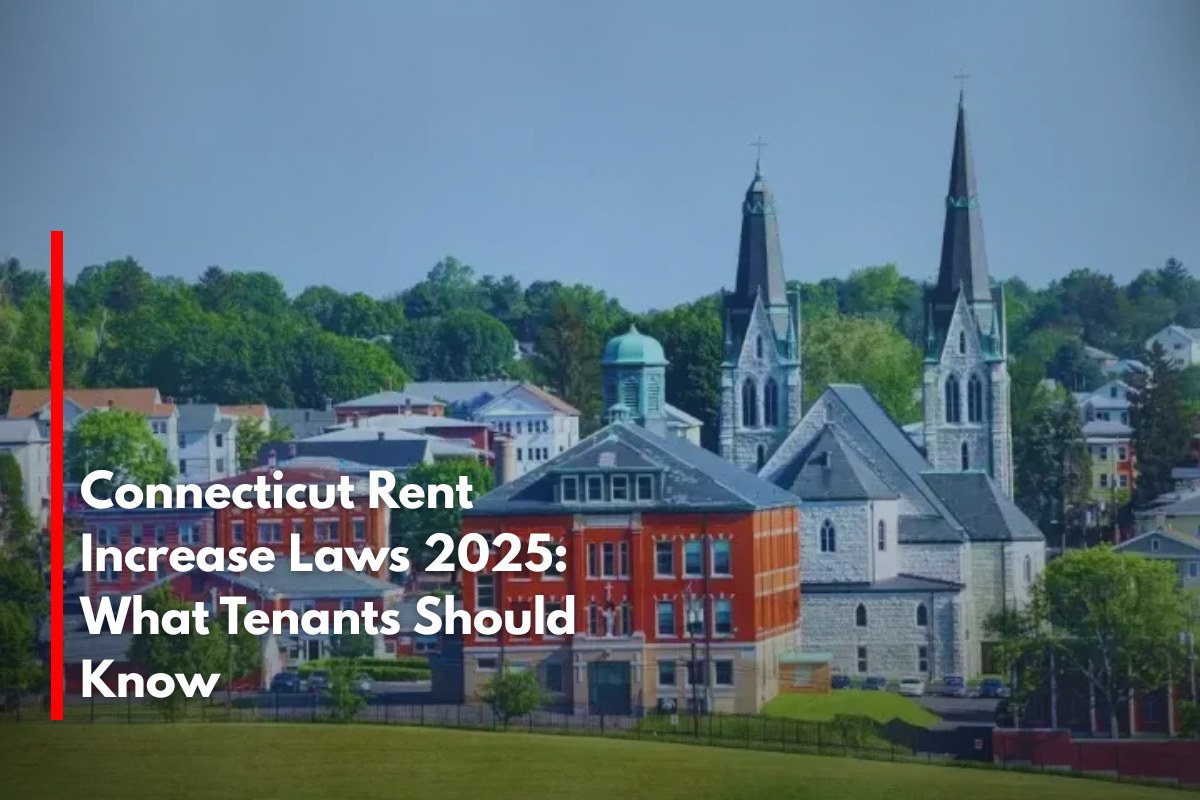As we navigate 2025, tenants and landlords in Connecticut should be aware of key changes and ongoing regulations related to rent increases. Unlike many states, Connecticut currently does not have a statewide rent control law that limits how much a landlord can raise rent. However, regulations emphasize transparency, fairness, and adequate notice requirements to protect tenants from sudden or unjustified rent hikes.
Notice Requirements for Rent Increases
Beginning October 1, 2024, Connecticut law requires landlords to provide tenants with at least 45 days’ written notice before any rent increase takes effect for leases longer than one month. This notice must clearly specify the new rent amount and the date when the increase will begin. For shorter leases such as week-to-week rentals, the notice period must be equal to the rental period (for example, 7 days for weekly leases).
This notice requirement applies to:
Month-to-month rental agreements
Fixed-term leases (typically annual or longer than one month)
Lease renewals
The rule ensures tenants have enough time to adjust their budgets or decide on housing alternatives if needed.
How Much Can Rent Be Increased?
Connecticut does not impose a statewide cap on the amount landlords can increase rent. Rent can be raised to reflect market conditions, inflation, increased property taxes, or maintenance costs. However, there are crucial legal guardrails:
Rent increases must not be retaliatory. For example, landlords may not raise rent in response to tenant complaints about unsafe conditions.
Rent hikes must not be discriminatory under federal and state fair housing laws, which protect tenants from increases based on race, gender, disability, or other protected characteristics.
Rent increases deemed “harsh, unconscionable, or unfair” may be challenged, particularly in municipalities with a Fair Rent Commission.
Fair Rent Commissions Protect Vulnerable Tenants
Although Connecticut lacks broad rent control, 15 towns have established Fair Rent Commissions that provide protections for elderly, disabled, or low-income tenants. These commissions can:
Investigate complaints about excessive rent hikes.
Limit rent increases to a reasonable percentage based on inflation and landlord costs.
Roll back unlawful or excessive rent increases for protected tenants.
Tenants covered by these commissions receive written notification of their status and any rent increase limitations. Landlords violating commission orders may face fines and civil penalties.
When is a Rent Increase Illegal?
Rent increases can be illegal if they:
Violate the 45-day notice requirement.
Are based on prohibited discrimination.
Constitute retaliation against tenants exercising their legal rights.
Exceed limits set by local Fair Rent Commissions (where applicable).
Tenants suspecting illegal rent hikes can seek assistance from tenant rights organizations, legal aid, or because applicable, their local Fair Rent Commission.
Other Important Tenant Protections in Connecticut
In addition to rent increase rules, tenants in Connecticut benefit from laws governing:
Conclusion: What Tenants Should Keep in Mind
Tenants should carefully review their lease agreements to understand when and how rent can be increased. They should always expect at least 45 days’ written notice before an increase and verify if local rent control or Fair Rent Commission protections apply.
For landlords, staying informed about notice requirements and fair housing laws is critical to avoid costly disputes and maintain positive tenant relations. The focus in Connecticut remains on balancing landlord rights with tenant protections by emphasizing fairness and transparency over rigid rent caps.
Understanding these rules helps create a more stable and predictable rental market for Connecticut renters and landlords alike in 2025.
Sources
[1](https://www.steadily.com/blog/how-much-can-a-landlord-raise-rent-in-connecticut)
[2](https://www.robertcwhite.com/what-landlords-need-to-know-in-2025)
[3](https://www.hemlane.com/resources/connecticut-rent-control-laws/)
[4](https://pschousing.org/conscience-of-the-community-fair-rent-commissions-in-action/)
[5](https://ark7.com/blog/learn/cities/complete-house-renting-guide-for-connecticut/)











